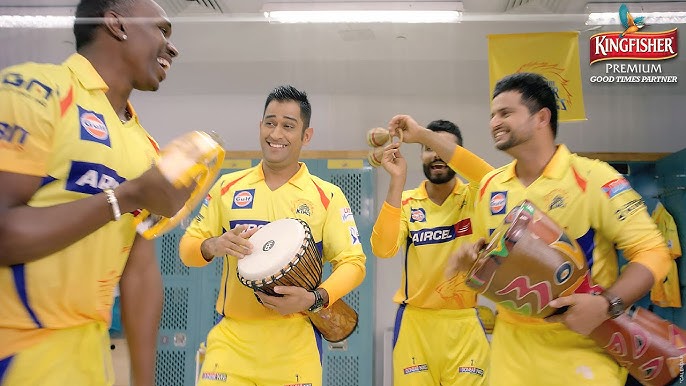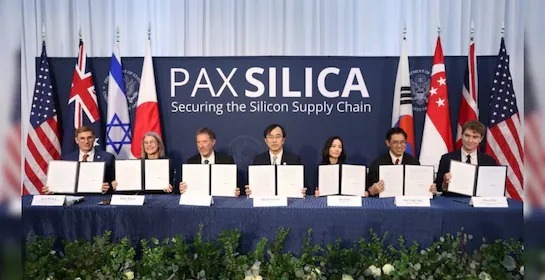@JUDGMENTTAG-ORDER
P.S. Mishra, C.J.@mdashEmployees of a Central Government establishment in the training institute in the city of Hyderabad, it appears, have formed an association and they have come to the Court questioning the actions of the respondents in proceeding to verify the membership of the unions to ascertain who represents the majority union. The Central Civil Services (Recognition of Service Associations) Rules, 1993, inter alia, by an amendment dated 5-11-1993, provide that "the verification of membership for the purpose of recognition of a service association shall be done by the check off system in pay rolls at such intervals and in such manner as the Government may by order prescribe". A learned single Judge has dismissed the Writ Petition. It is urged before us in the appeal that Geological Survey is an industry and the employees who satisfy the definition of workman cannot be subjected to the above Rules. Learned counsel has, for the said purpose, drawn our attention to Rule 2 thereof which reads as follows:
"These Rules shall apply to all Service Associations of Central Government employees including Civilian employees in the Defence services, but shall not apply to industrial employees of Ministry of Railways and Workers employed in Defence Installation of Ministry of Defence for whom separate Rules for recognition exist."
2. According to the learned counsel the intention of the rule making authority is obviously to exclude from the operation of these Rules the employees, who are workmen, for whom there should always be a separate set of Rules and not one which are made in exercise of the power conferred by the Proviso to Article 309 of the Constitution of India. Before we proceed to deal with the contention of the learned counsel for the appellant we may state that there appears to be some serious misapprehension in the minds of the members of the appellant-Union that if they are employed in an industry which incidentally is also a Government department and thus "State" under Article 12 of the Constitution of India, they cannot be subjected to the Rules framed under Article 309 of the Constitution of India. Merely because certain category of employees in Government departments are also workmen as defined under the Industrial Disputes Act, 1947, they do not cease to be persons who hold posts in any civil service or a civil post as is contemplated in Part XIV of the Constitution of India. Article 309 of the Constitution of India provides for recruitment and conditions of service of persons appointed to public services and posts in connection with the affairs of the Union or of a State. It will be wrong to say that a person who incidentally is also workman for the purposes of the Industrial Disputes Act, is not a person holding a public service or post in connection with the affairs of the Union or of any State. The misapprehension once removed will make the employees subject to the aforesaid Rules provided, however, the Rules are validly made and/or otherwise not invalid. Since there is no challenge to the validity of the Rules in the instant proceedings, we are required to proceed treating as if the Rules have been validly framed.
3. The above misapprehension is compounded further by, in our opinion, reading in a judgment of the Supreme Court of

